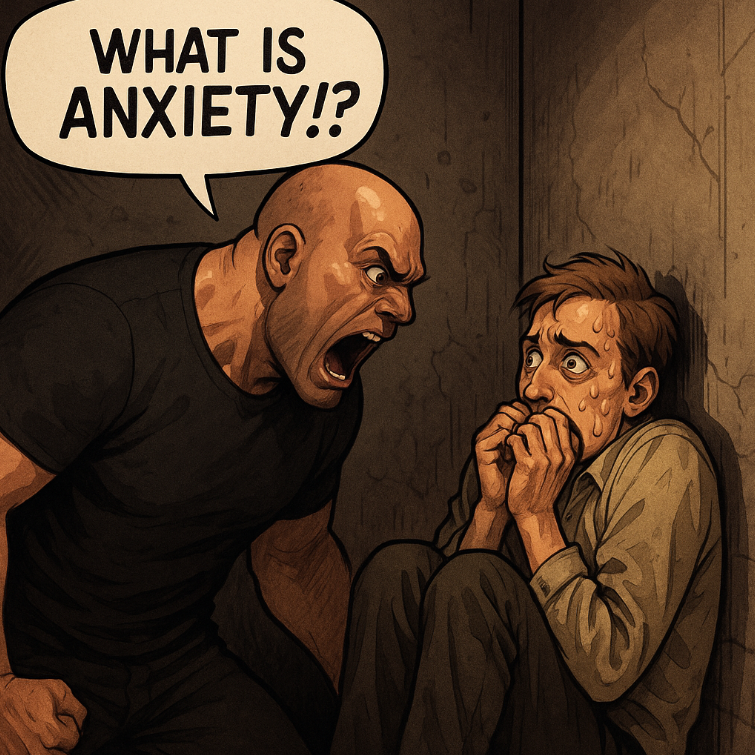Killing The Urge: What Drives The Urge To Self-Terminate (And How To Combat It)
/Suicide. It's not something we like to talk about.
Keith Flint of Prodigy. Chester Bennington of Linkin Park. Chris Cornell of Audioslave and Soundgarden. And, of course, the beloved Robin Williams. All tragic losses.
I was 29 before I first thought about killing myself.
I'd been awake all night then received some heart-breaking news which pushed all my not-good-enough buttons. I ended up wandering the streets at 6am on a Sunday. Distraught. And terrified.
Suddenly I was seeing flashes of myself jumping out in front of cars. Throwing myself from tall buildings. Everything somehow torturously twisted into a means of absolute, final self-termination.
Suicidal thoughts don't start as a conscious decision. They happen to you. It's a suggestion from the unconscious. The same way you have a light-bulb moment in the shower, having no idea where it came from.
It's the mind trying to solve a problem. Often the age-old rock-and-hard-place one. And we hear a much milder version in everyday speech. "I feel like I just want to run away from everything". "I want to be invisible". "I just want to hide".
Research suggests we all have this hard-wired. It just depends when it engages. It's called the Defeat Response. And it activates when we feel 'beaten' or outcast. Hope and motivation are lost. And so is the desire to connect. We withdraw. Isolate.
This makes sense in terms of tribe survival. As harsh at it sounds, if we're deemed truly incapable and unwanted, it's safer for the group if we leave and never come back. There's a problem though. That unconscious assessment isn't always based in reality.
How many people do you know who don’t see just how good or loved they are?
After traumatic events, those who engage in helping others find more hope and purpose. Reducing stress and depression. So practising a 'service mindset' can be an antidote for that sense of helplessness and worthlessness.
If things look bleak, it doesn't mean they are. It means they seem that way. And maybe climbing out the hole looks impossible from the bottom. But sometimes one foot up is all you need to begin seeing a new way out.
(Struggling with suicidal thoughts? Cognitive Hypnotherapy in Leighton Buzzard can help you. Get in touch to learn how).
Ref.: More on the Defeat Response can be found in the book ‘The Upside of Stress’ by Kelly McGonigal.






![How to BOSS Social Interaction with Confidence [VIDEO]](https://images.squarespace-cdn.com/content/v1/587289343a0411b6dbcf0549/1742033997006-THJI34GHLX1X7B8HXXR6/yt+thumbnail.PNG)
![Perfectionism: How Fear of Looking Stupid Will Hold You Back [VIDEO]](https://images.squarespace-cdn.com/content/v1/587289343a0411b6dbcf0549/1741156939260-VB46VI6UDOVTFZ7DABKQ/CaptureDB04032005.PNG)




![Confidence: Why It Isn't Real (And How You Build Confidence Anyway) [VIDEO]](https://images.squarespace-cdn.com/content/v1/587289343a0411b6dbcf0549/1614024483598-J959PU85YVWBUH7TWOK4/Confident.PNG)
